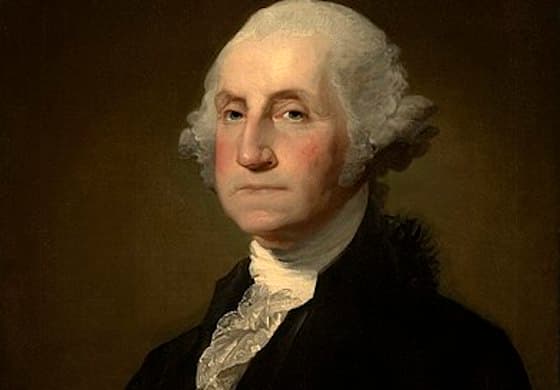Becoming American in Fact and Fiction
Reading David O. Stewart marks a return to first principles and to how this country was made.

David O. Stewart’s “George Washington: The Political Rise of America’s Founding Father” is now in paperback (Dutton, 576 pages) and worth considering again as an astute account of how our first president established himself as a national figure by his early 20s while learning to curb his rash and impolitic tendencies.
Please check your email.
A verification code has been sent to
Didn't get a code? Click to resend.
To continue reading, please select:
Enter your email to read for FREE
Get 1 FREE article
Join the Sun for a PENNY A DAY
$0.01/day for 60 days
Cancel anytime
100% ad free experience
Unlimited article and commenting access
Full annual dues ($120) billed after 60 days

